S’mae bawb! My name is Heather, a British Canadian who has had the privilege of learning Welsh for around eight years in the beautiful seaside town of Tywyn in Mid-Wales.
My love affair with this part of the world began many years ago, when I was a child on holiday in the nearby fishing village of Aberdyfi. While the rest of my friends back in Canada would fly down to hot and sunny Florida for their summer holidays, most of my summers were spent on the Welsh coast, fishing for crabs on the jetty, paddling in the cold sea, and eating fish and chips in a rental car with steamed-up windows. My brother and I often joked about leaving Canada behind and buying our own bungalow in the area. I never imagined that that dream would one day become a reality!
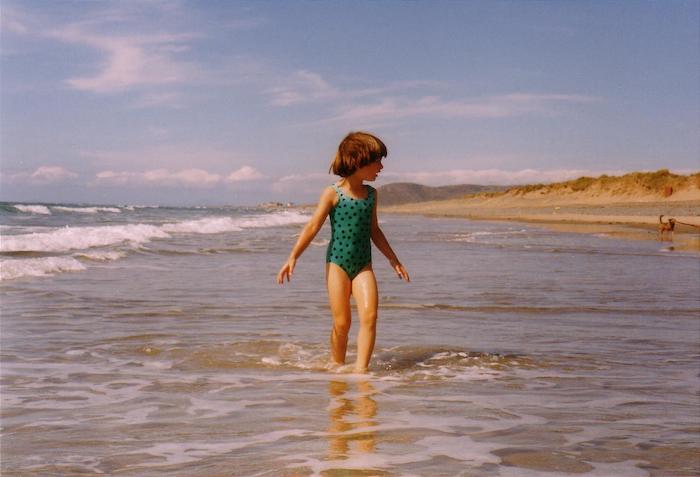
Admittedly Welsh wasn’t the first language to capture my imagination. In my teenage years, I spent two years in Hiroshima and Gunma studying Japanese at the university level, and six years in Italy made me fairly fluent in Italian. In both cases, I became conversant in the language fairly quickly because it was a matter of survival. And this is where my experience with Welsh has been quite different.
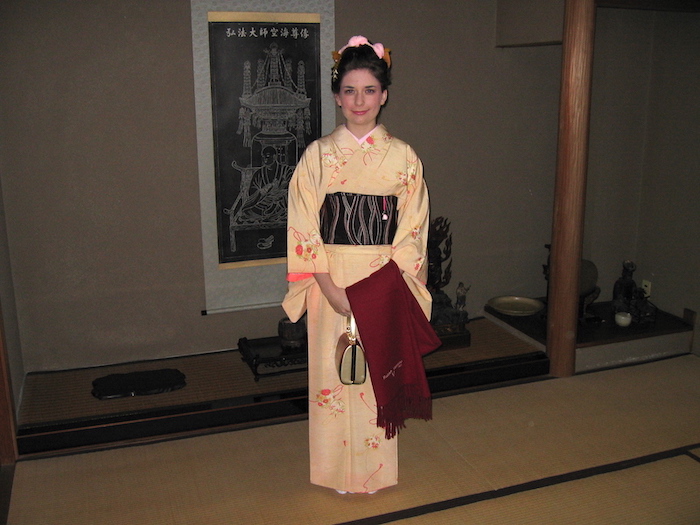

Unlike Japanese in Japan and Italian in Italy, Welsh isn’t the dominant language of Wales. Despite legally having equal status to English, you don’t have to be able to speak the language to survive unless you plan to apply for certain jobs. According to the 2011 census, only around 19% of the population claims to be able to speak Welsh, most of whom live in the north and west of the country. And Tywyn is one of the towns in Gwynedd where Welsh is spoken the least. This makes it very challenging to practise one’s Welsh on a daily basis!
Recently the Welsh Government announced plans to raise the number of speakers to a million by 2050. Whether they succeed depends greatly on how effectively they manage to improve the social use of the language in all spheres, from government to education to day-to-day life.
This is perhaps the main driving force behind We Learn Welsh. Although I’m a dysgwraig (learner) myself, I hope that by documenting my language learning journey, I’ll be able help others interested in learning this beautiful and ancient language that, after a turbulent history, so deserves to flourish.
Dw i’n edrych ymlaen at ddysgu iaith y nefoedd efo chi! 🙂
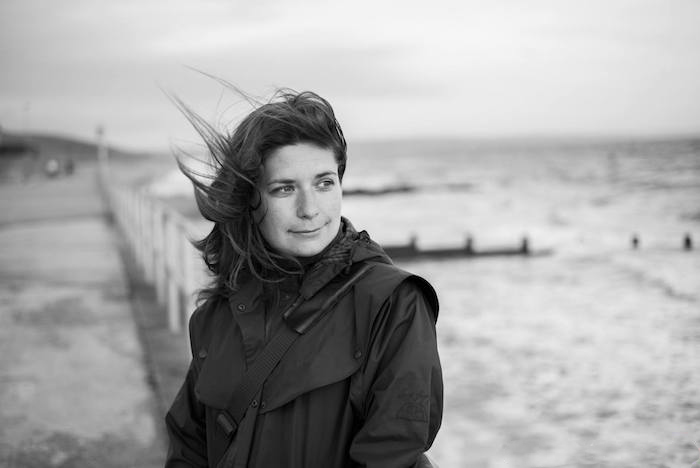
P.S. If you’re also interested in Italian, I invite you to follow this blog’s sister website Daily Italian Words!
Gwen Rees
WOTD Contributor, creator of educational reels on social media
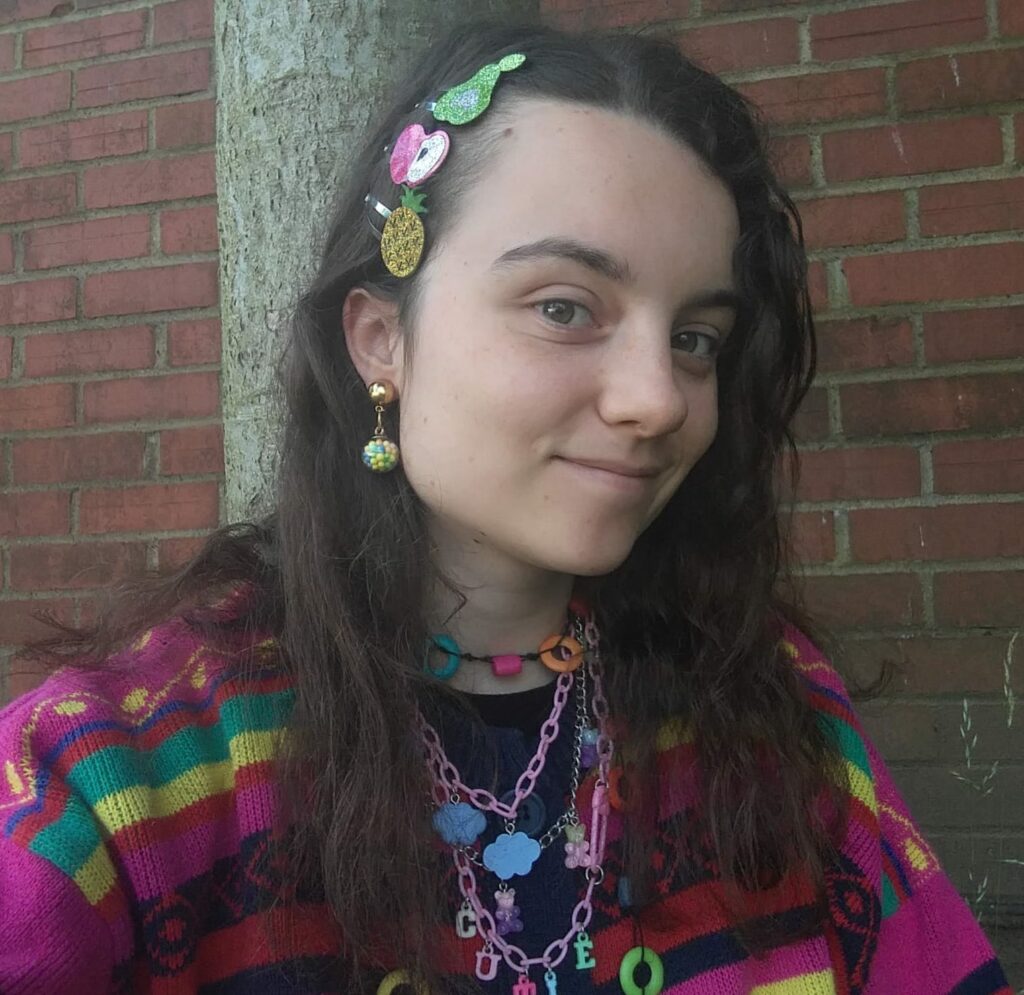
Gwen is a freelance Welsh tutor from Powys, Wales. She was raised in a bilingual family speaking both Welsh and English, which gave her a love of languages. She recently graduated from Oxford University and now uses her free time to learn French and Turkish.
Nia Bolland
WOTD Contributor, creator of educational reels on social media

Nia is an aspiring writer from Powys, Wales. She attended Welsh-medium primary and secondary school, and is passionate about preserving the beautiful Welsh language and culture. She speaks some French, and is currently learning Arabic.
Liam and Siôn Rickard
Creators of educational reels on social media
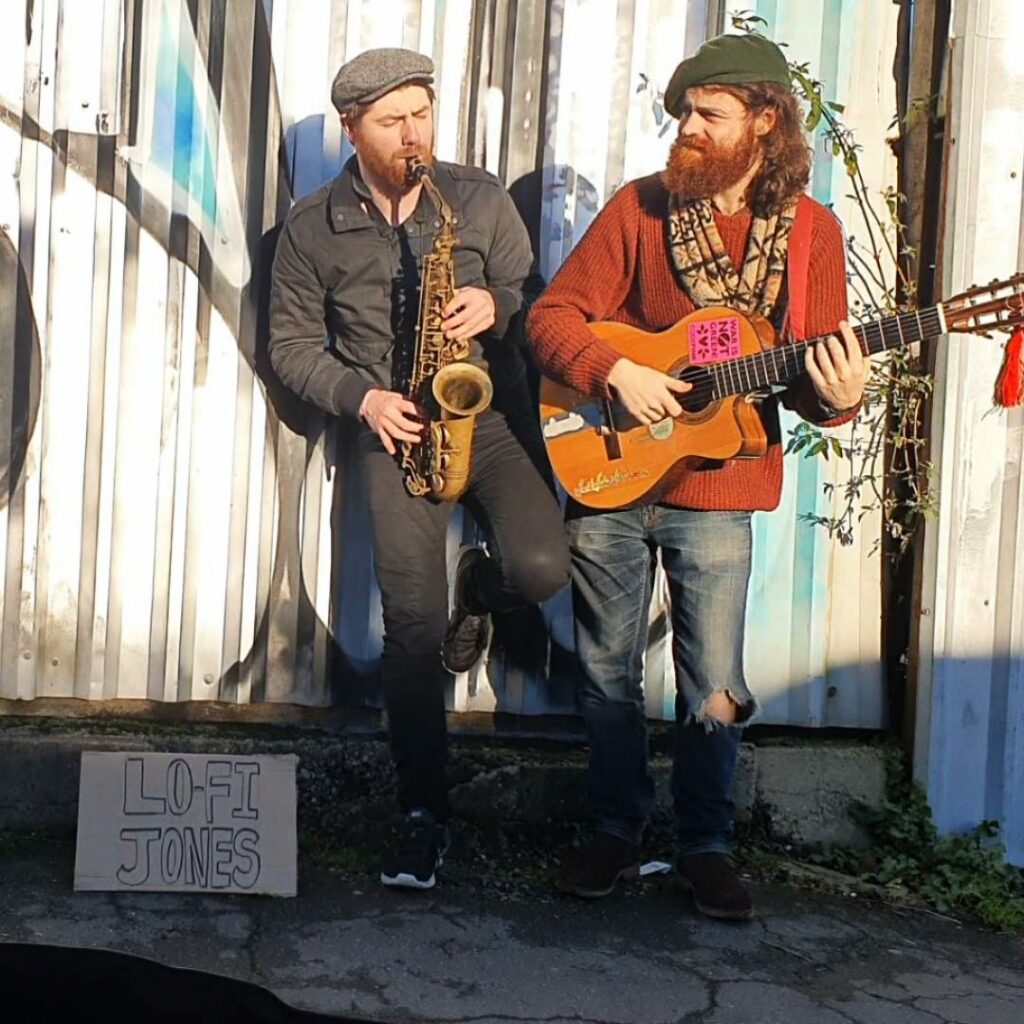
Liam and Siôn are brothers from North Wales who now live in Machynlleth. They and their younger sister, Ciara, were raised in Betws-y-coed, Eryri. Even though English was the language of the home, the three siblings learnt Welsh in school from a young age, and they use Welsh on a day-to-day basis. Liam and Siôn are musicians. They release and perform under the name Lo-fi Jones. Also, Liam releases and performs music under the name Worldwide Welshman. Liam and Siôn primarily write and perform in Welsh and English, but enjoy experimenting with other languages too. They love going to international folk music camps and learning songs and tunes from around the world. Liam is an illustrator with a Bachelor’s in Architecture from the University of Nottingham and a Master’s in Green Building from the Centre for Alternative Technology in Machynlleth. Siôn is an actor. Both also work with children and young people in education settings and through creative youth projects.
Dau frawd o Ogledd Cymru yw Liam a Siôn Rickard, sydd bellach yn byw ym Machynlleth. Cafodd y brodyr a’u chwaer bach, Ciara, eu magu ym Metws-y-coed, Eryri. Er mai Saesneg oedd iaith y cartref, dysgodd y tri i siarad Cymraeg yn yr ysgol o oedran ifanc, a heddiw maen nhw’n defnyddio’r Gymraeg pob dydd yn ei bywydau cyffredinol. Cerddorion yw Liam a Siôn. Maen nhw’n rhyddhau cerddoriaeth ac yn perfformio o dan yr enw Lo-fi Jones. Yn ogystal, mae Liam yn perfformio o dan yr enw Worldwide Welshman. Mae Liam a Siôn yn sgwennu ac yn perfformio yn y Gymraeg a’r Saesneg yn bennaf, gan arbrofi gydag ambell iaith arall hefyd. Maen nhw’n hoffi mynd i wyliau gwerin ryngwladol i ddysgu caneuon ac alawon o bob cwr y byd. Mae Liam yn arlunydd, gyda isradd yn pensaernïaeth yn Nottingham a Gradd Meistr yn Adeiladu Cynaliadwy yn Ganolfan y Dechnoleg Amgen, Machynlleth. Mae Siôn yn actor. Mae’r ddau hefyd yn gweithio gyda phlant a phobl ifanc mewn lleoliadau
addysg ac trwy brosiectau ieuenctid creadigol.
